موت
“Death is not the end of life, but the beginning of the eternal life.”
Surah Ambiyah 21:35
كُلُّ نَفْسٍۢ ذَآئِقَةُ ٱلْمَوْتِ ۗ وَنَبْلُوكُم بِٱلشَّرِّ وَٱلْخَيْرِ فِتْنَةًۭ ۖ وَإِلَيْنَا تُرْجَعُونَ
Every soul will taste death. And We test you ˹O humanity˺ with good and evil as a trial, then to Us you will ˹all˺ be returned.
Why did Allah specifically use the word “taste”, instead of experience or any other word?
When Allah causes death to a believer, Allah “sweetens” the death, which means Allah would make the believer to involve in righteous deeds before his death.
Allah loves to meet the believer in the same way the believer loves to meet Allah and if a disbeliever hates to meet Allah, then even Allah hates to meet them. All attributes of Allah are totally incomparable and imagine how severe would the hate of Allah seem to be.
Once ‘Aaishah radhiyallahu anha asked Rasulullah ﷺ , every one of us would be scared of encountering death, does that mean we hate to meet Allah?
It’s not like that, a believer will be pleased and eager to meet Allah and see the rewards that they are going to receive from Allah while the disbelievers would fear the hereafter and how their punishment would be for having lived a life by displeasing Allah.
What are some of the signs of good end in Islam?
-Uttering Shahadah
-Drowning in water
-Death of a Pregnant women
-Sujood
-Bright face after death
-Dying with sweat on forehead
-Jihad i.e. Dying while defending for his religion, wealth or for Allah’s cause
-Dying on a Friday
-Dying with a Stomach disease- Tuberculosis etc.,
-Burning on the fire
-During Wars – Shaheedh (Martys)
But let’s also keep in mind the following Hadith,
It has been narrated on the authority of Sulaiman b. Yasar who said:
People dispersed from around Abu Huraira, and Natil, who was from the Syrians. said to him: O Shaikh, relate (to us) a tradition you have heard from the Messenger of Allah (ﷺ). He said: Yes. I heard the Messenger of Allah (ﷺ) say: The first of men (whose case) will be decided on the Day of Judgment will be a man who died as a martyr. He shall be brought (before the Judgment Seat). Allah will make him recount His blessings (i. e. the blessings which He had bestowed upon him) and he will recount them (and admit having enjoyed them in his life). (Then) will Allah say: What did you do (to requite these blessings)? He will say: I fought for Thee until I died as a martyr. Allah will say: You have told a lie. You fought that you might be called a” brave warrior”. And you were called so. (Then) orders will be passed against him and he will be dragged with his face downward and cast into Hell. Then will be brought forward a man who acquired knowledge and imparted it (to others) and recited the Qur’an. He will be brought And Allah will make him recount His blessings and he will recount them (and admit having enjoyed them in his lifetime). Then will Allah ask: What did you do (to requite these blessings)? He will say: I acquired knowledge and disseminated it and recited the Qur’an seeking Thy pleasure. Allah will say: You have told a lie. You acquired knowledge so that you might be called” a scholar,” and you recited the Qur’an so that it might be said:” He is a Qari” and such has been said. Then orders will be passed against him and he shall be dragged with his face downward and cast into the Fire. Then will be brought a man whom Allah had made abundantly rich and had granted every kind of wealth. He will be brought and Allah will make him recount His blessings and he will recount them and (admit having enjoyed them in his lifetime). Allah will (then) ask: What have you done (to requite these blessings)? He will say: I spent money in every cause in which Thou wished that it should be spent. Allah will say: You are lying. You did (so) that it might be said about (You):” He is a generous fellow” and so it was said. Then will Allah pass orders and he will be dragged with his face downward and thrown into Hell. ~(Sahih Muslim 1905 a)
الْاَعْمَالُ بِالنِّیَّةِ
“Our Actions are judged but by our intentions.” (Hadith 33, 40 Hadith Shah Waliullah)
Ibn Abi Ad-Dunya relates the following from Ka’b:
“Ibrahim peace be upon him, saw a man in his house and asked, ‘Who are you?’ He replied, ‘I am the Angel of Death.’ Ibrahim said, ‘If you really are him, then show me a sign by which I can be sure that you are the Angel of Death.’ The Angel of Death said, ‘Turn your face,’ so [Ibrahim] did so, and when he turned back around, he saw the form [of the Angel] when he takes the souls of the believers. He saw from the light and the splendour the like of something only truly Allaah Most High knows. Then [Ibrahim] was told, ‘Turn your face again,’ so he did so. Then he turned around and saw the form [of the Angel] when he takes the souls of the disbelievers and the sinners, upon which Ibrahim was absolutely terrified, with his whole body trembling [out of fear] and collapsing on the ground as though his life was taken out of him.” [As-Suyuti, Al-Haba’ik fi Akhbar Al-Mala’ik, p.17.
Sweetness of death
The soul of the believers will be taken by the angel in the form of a young handsome man with bright face with good fragrance.
Ibrahim Alayhissalam replied that seeing such an appearance is like a compliment or a compensation for all the struggles one faced in this life.
Bitterness of death
The soul of the disbelievers will be taken by the angel with the appearance of a very hilarious black, strange, huge giant like being with bad odor, hairy with fire from the mouth, nose, and so on which is totally frightening and displeasing which caused Ibrahim Alayhissalam to faint on seeing this angel. He replied that taking the soul by such a frightful angel serves as a compensation for all kinds of mischief and corruption the person caused in this life.
The angel of death will bang with a weapon which would be very painful causing the disbeliever to faint, then the angel awakens him up and again bangs with weapon and takes the soul.
May Allah give us a good end.
Rules and regulations to be done on a dead person :
The sunnah of Prophet Muhammad ﷺ is to;
-Inform relatives about the death news
-Make Dua for the deceased
-Close eyes if it is open
-Ghusl (minimum people is recommended while cleansing)
-Conceal any deformity of the dead person
-Pay the debts for the deceased person
Rasulullah ﷺ saw Abu salamah who died with his eyes open looking up and so did Rasulullah ﷺ closed his eyes and informed everyone that he has died.
Our eyes gets fixed on following the Rooh which is taken by the angel of death.
Dying in foreign country:
It’s a burden for the soul if the body is transported to the home country.
It was narrated on the authority of ‘Abdullah ibn ‘Amr radiyallahu anhu that a man who was born in Madeenah died there, and the Messenger of Allah ﷺ offered the funeral prayer for him, and then said: “Would that he had died somewhere other than his birthplace.” People asked: “Why is that, O Messenger of Allah?” He ﷺ said: “If a man dies somewhere other than the place where he was born, a space will be measured for him in Paradise (as big as the distance) from the place where he was born to the place where he died.” [Ahmad, An-Nasaa’i, Ibn Maajah, and Ibn Hibbaan; Al-Albaani: Hasan (sound), Ahmad Shaakir: Saheeh (authentic)]
Allah does not punish a person for the weeping of the eye or tongue but punishes for the words that we utter like what “if” this happened. (“if” is the word of Shaitan)
We should always be cautious with the words we utter even when we are sad. The Best example is our prophet ﷺ who faced many griefs, loss of his loved ones and struggles throughout his lifetime beginning from his childhood. But he ﷺ didn’t ever utter any ill words but rather supplicated to Allah.
We are advised to frequently remember the temporary nature of this life and make preparations for the Aakhirah. Anything can happen within a blink of an eye.
“Our conscious reminders of death during prayers or during any other time should only be a motivation to prepare ourselves for the hereafter, rather than preoccupying our daily lives causing anxiety / fear of death, that will negatively interfere with our physical, emotional and spiritual well-being.”
But we should not ever wish for death as it is Allah’s due right to decide when to take the soul of the person and not in our hands.
Imaam Al-Ghazali’s way of preparing for death:
He would make the heart empty without any distraction and think of the final destination.
How prepared are we for death?
Remember the life of big legends to poor people who died. Every one are on the same ground~ “Barzakh.”
We are all equal in the sight of Allah except with good deeds.
Surah Ar-Rahman, verse 26-27
كُلُّ مَنْ عَلَيْهَا فَانٍۢ
Every being on earth is bound to perish.
وَيَبْقَىٰ وَجْهُ رَبِّكَ ذُو ٱلْجَلَـٰلِ وَٱلْإِكْرَامِ
Only your Lord Himself, full of Majesty and Honour, will remain ˹forever˺.
Everything is temporary in this world, except Allah’s bounty, Noor, and Majesty. Let’s always live a life that is pleasing to Allah and make dua for a beautiful death.
The Value of words / The impact of words in Islam.
This topic is important for our day to day lives, as the value of words have a great impact in our lives. We should always be cautious of the words we use in our daily interactions.
Allah records each and every good words that we utter knowingly or unknowingly and the same applies to the bad words we speak intentionally or unintentionally. It depends on us to either make our words a means of earning rewards or means of earning the wrath of Allah.
Abu Huraira radhiyallahu anhu reported:
The Prophet, peace and blessings be upon him, said, “Verily, a servant may speak a word pleasing to Allah, thinking nothing of it, yet by it Allah raises his status by a degree. Verily, a servant may speak a word displeasing to Allah, thinking nothing of it, yet by it he plummets into Hell.”
Source: Ṣaḥīḥ al-Bukhārī 6478
Surah Al-Balad, verse 8-10
أَلَمْ نَجْعَل لَّهُۥ عَيْنَيْنِ
“Have We not given them two eyes,”
وَلِسَانًۭا وَشَفَتَيْنِ
a tongue, and two lips;
وَهَدَيْنَـٰهُ ٱلنَّجْدَيْنِ
and shown them the two ways ˹of right and wrong˺?
Our tongue is the most powerful tool. Our body parts including the tongue will bear witness for each and every words we spoke in this life . Do not spread gossips.
Surah Mu’minoon, verse 1-3
قَدْ أَفْلَحَ ٱلْمُؤْمِنُونَ
Successful indeed are the believers:
ٱلَّذِينَ هُمْ فِى صَلَاتِهِمْ خَـٰشِعُونَ
those who humble themselves in prayer;
وَٱلَّذِينَ هُمْ عَنِ ٱللَّغْوِ مُعْرِضُونَ
those who avoid idle talk;
“Turning away from evil speech is sign of a good believer.”
The hidden aspects of gossips:
We all might think that nothing will happen if we gossip, as we are just gossiping for time pass. But that’s not true. we should reflect on
what’s the point of gossiping about others?
Why are we so concerned about others?
Why do we have to know about others?
How would the person react to hearing our gossips? Or
How would we feel on hearing gossips about us?
All these little gossip talks could eventually impact our spiritual being. These are all useless talks that make us earn the wrath and punishment of Allah.
Research indicates that, “Any deeds that require our physical and mental energy has an impact on our spiritual health.”
Allah admonishes us to never backbite.
Muadh ibn Jabal asked Rasulullah ﷺ about any deeds that will admit us into Jannah and protect us from hell fire, and Rasulullah ﷺ replied, “Guard your tongues.”
Will we be questioned even for the little gossips?
Men are thrown into hell because of their tongues. We should always think of the negative consequences of our words before we utter any word and either speak good or remain silent. We should also think of the ways of preventing our tongues from committing evil against our souls.
Our prophet Muhammad ﷺ used to repeat his words thrice to ensure the person intakes the correct information.
We can eliminate the feelings of jealousy by giving complement to others. Never have ego and pride. Let’s renew our intention that we are doing every deeds solely for the sake of Allah.
Narrated Abu Hurayrah:
The Prophet (ﷺ) said: He who does not thank the people is not thankful to Allah. ~(Sunan Abi Dawud 4811)
Always ask forgiveness from the people we have wronged, as Allah will not forgive our sins unless the people whom we have wrong forgives us. It is possible to know the character of a believer by just conversing with them as, “Our character is determined by our speech.” Our way of speech can represent our religion to others. Instead of using our tongue uselessly by spreading gossips, it’s better to guard our tongues by doing Dhikr like;
سُبْحَانَ اللَّهِ وَبِحَمْدِهِ، سُبْحَانَ اللَّهِ العَظِيم
Subhanallahi wabihamdhihi subhanallahil adhweem~ Has a great reward i.e. light in the tongue yet greater in the scale.
Speech is a great ability that Allah bestowed upon us. Let’s not waste this blessing by spreading gossips, backbiting or hurting others, but rather use our words cautiously that’ll enable us to earn great rewards to enter Jannah.
May Allah grant us the ability to emulate the character of our prophet ﷺ and use our words wisely.






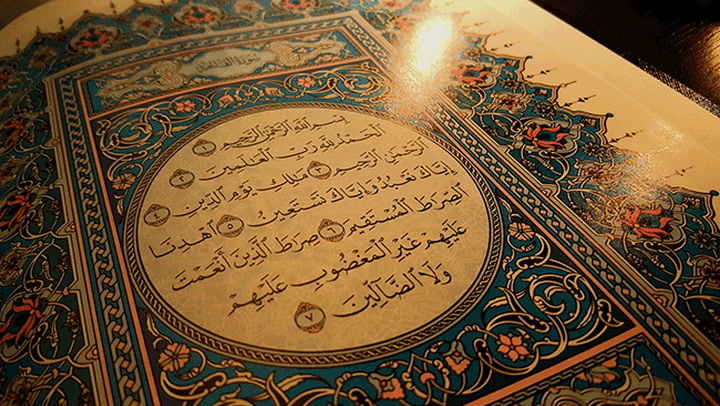

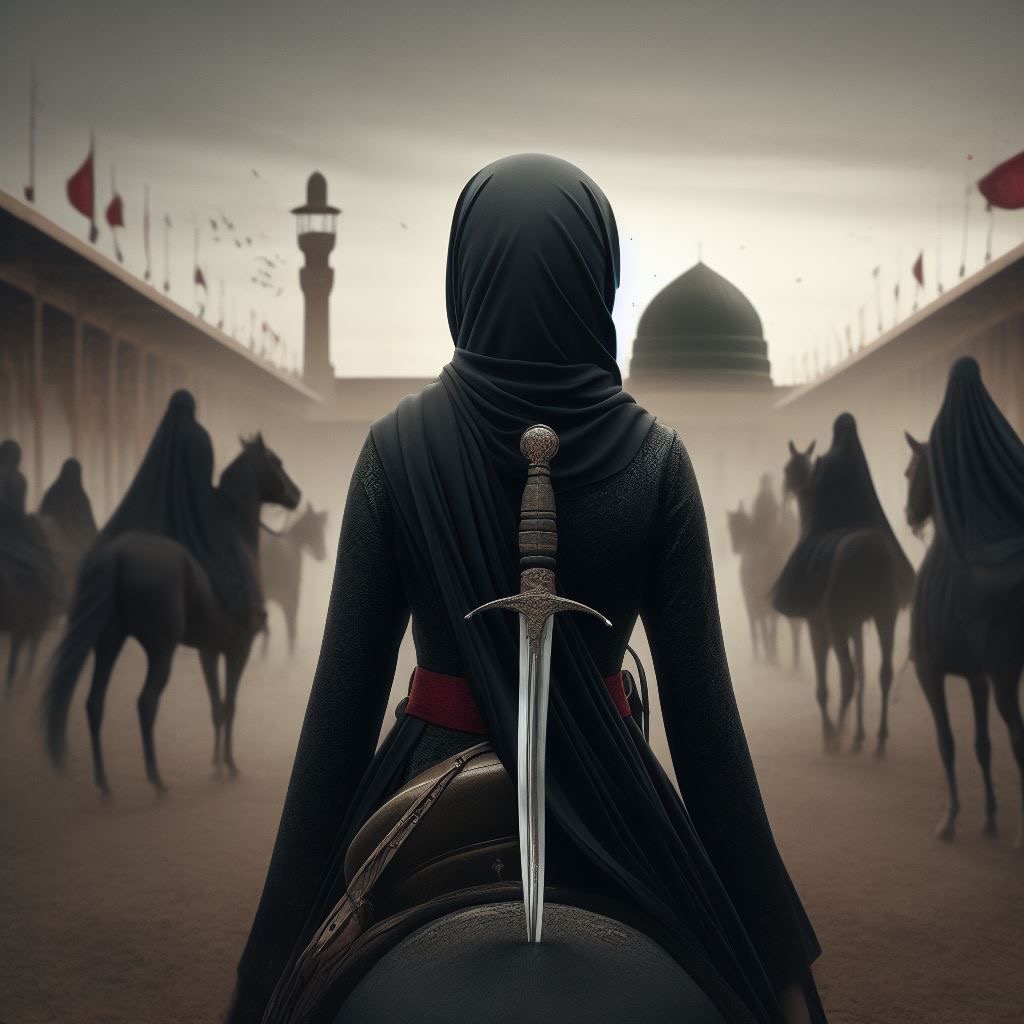
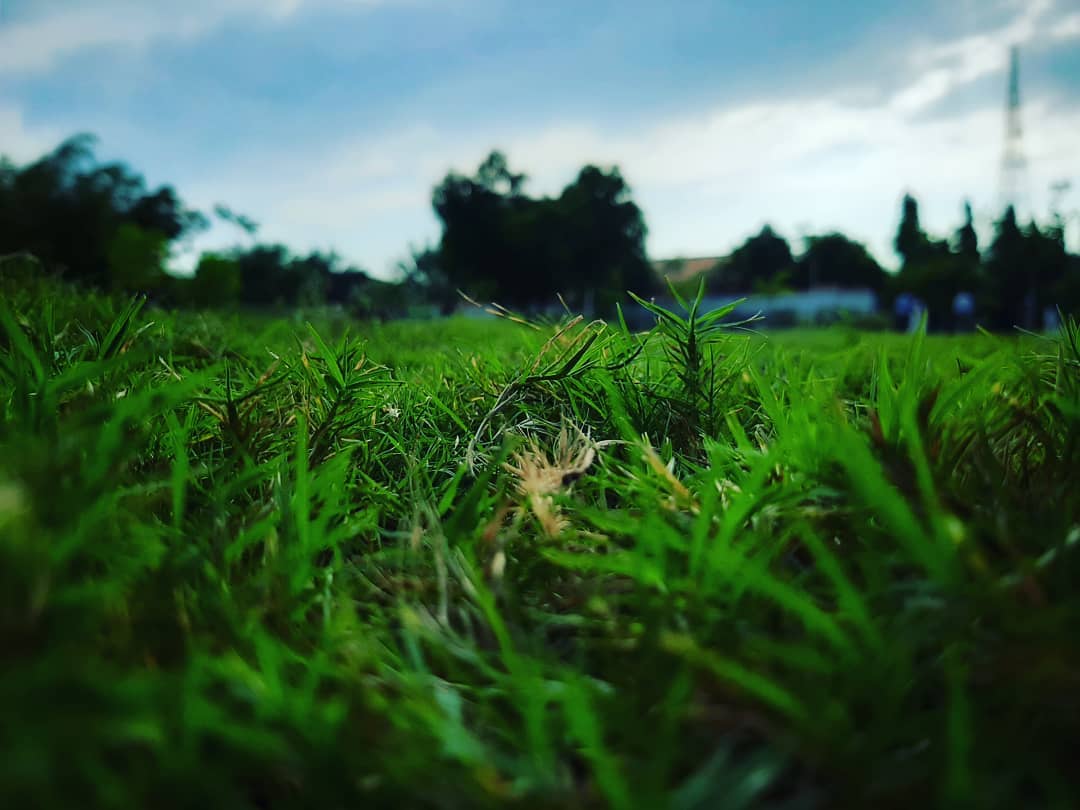




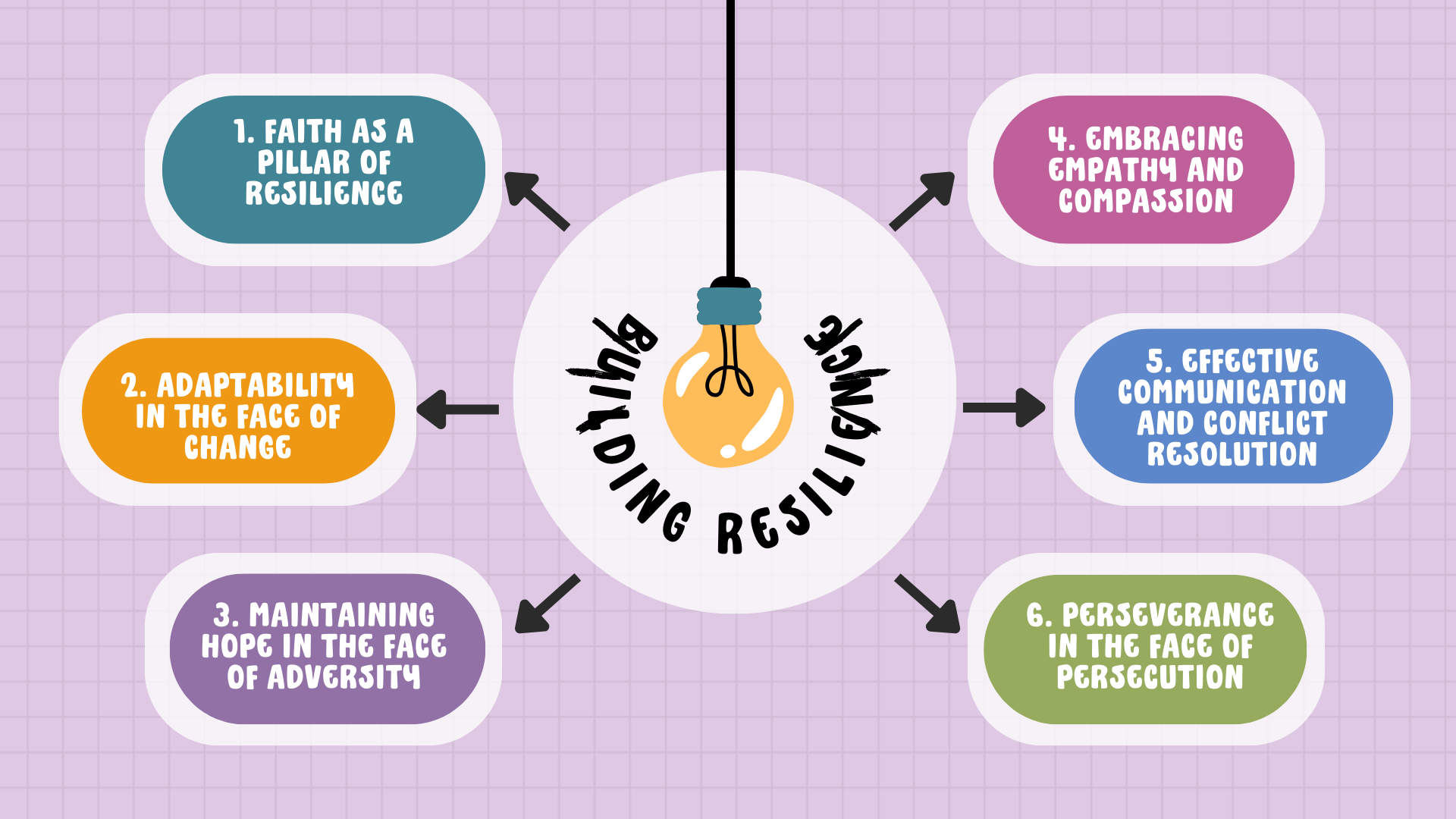



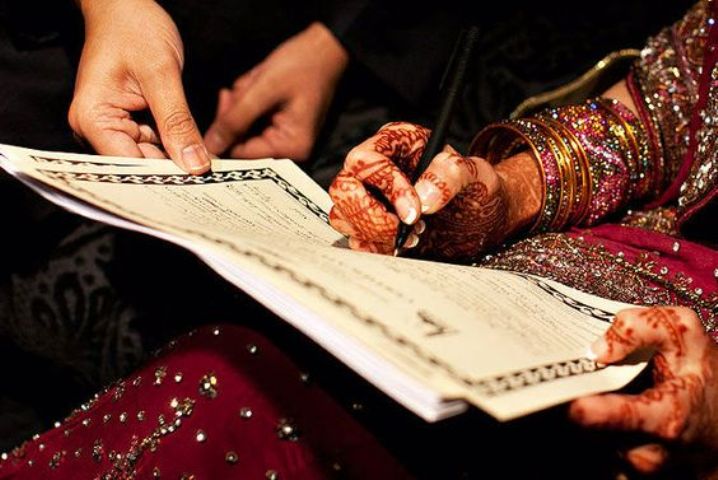

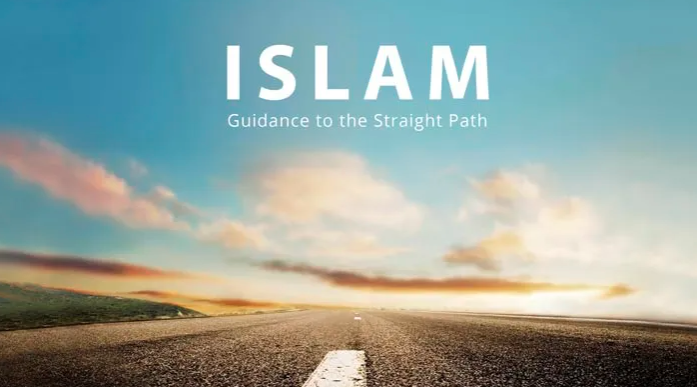











 A c
A c

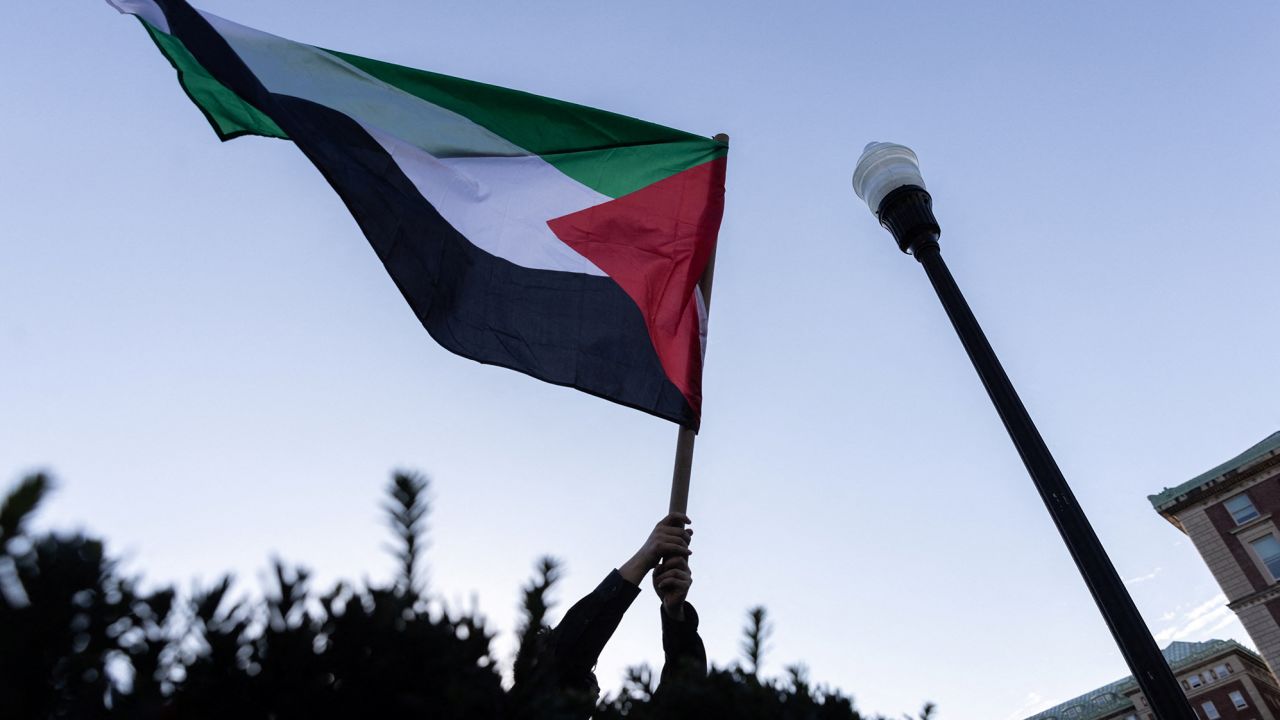






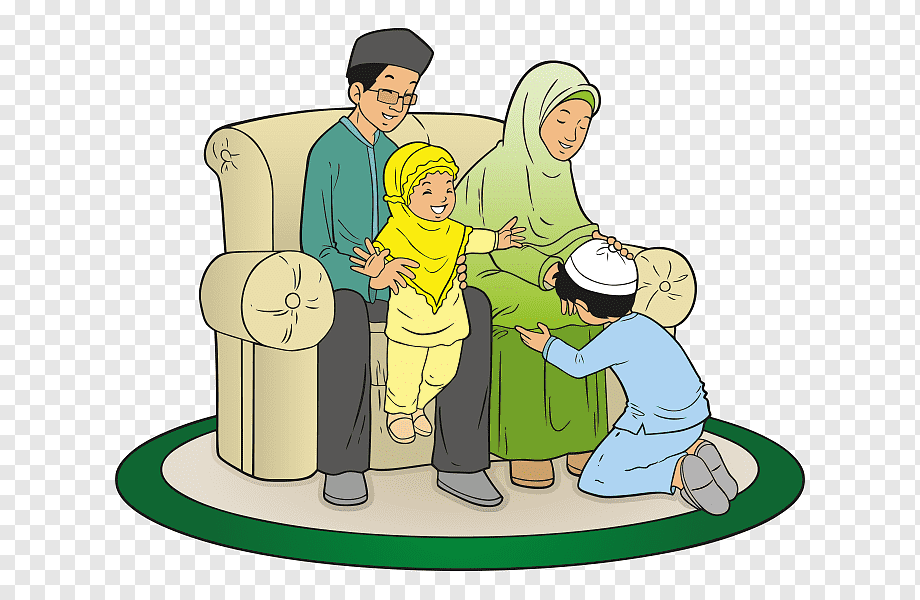







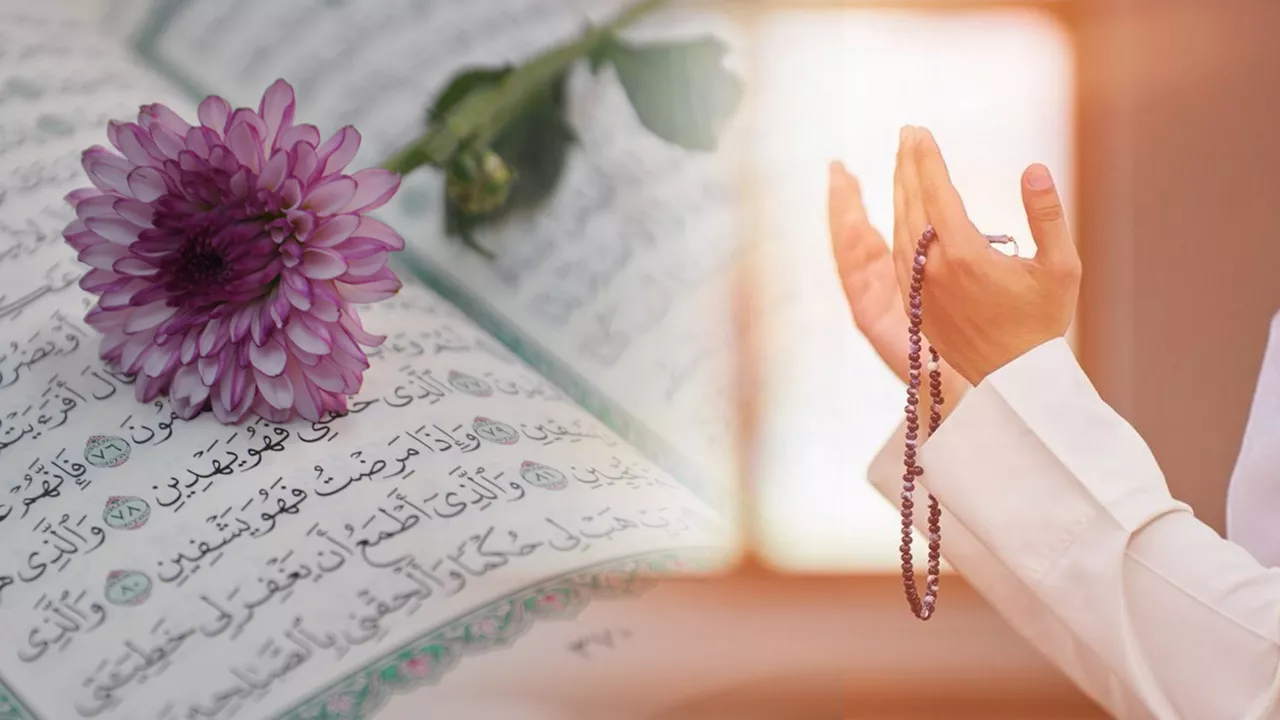
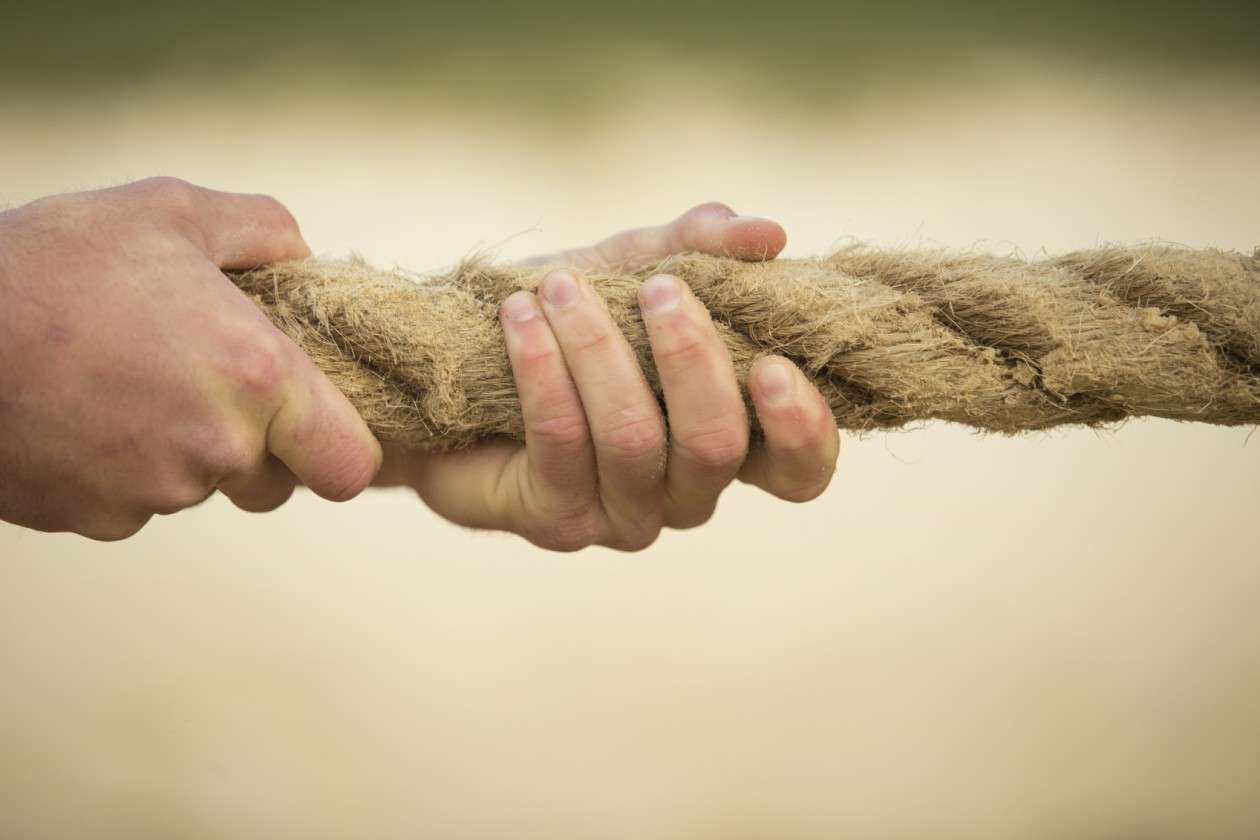
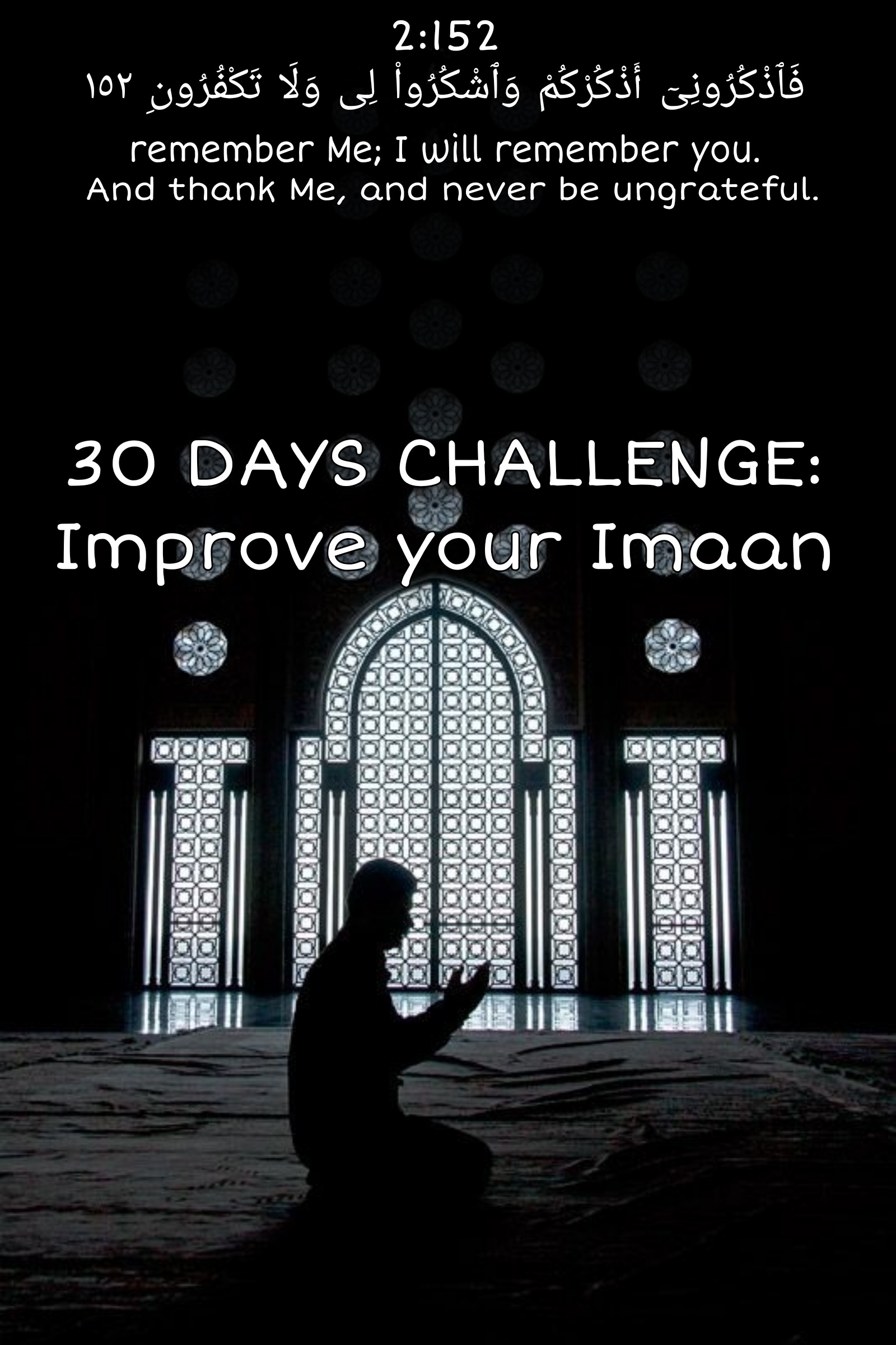
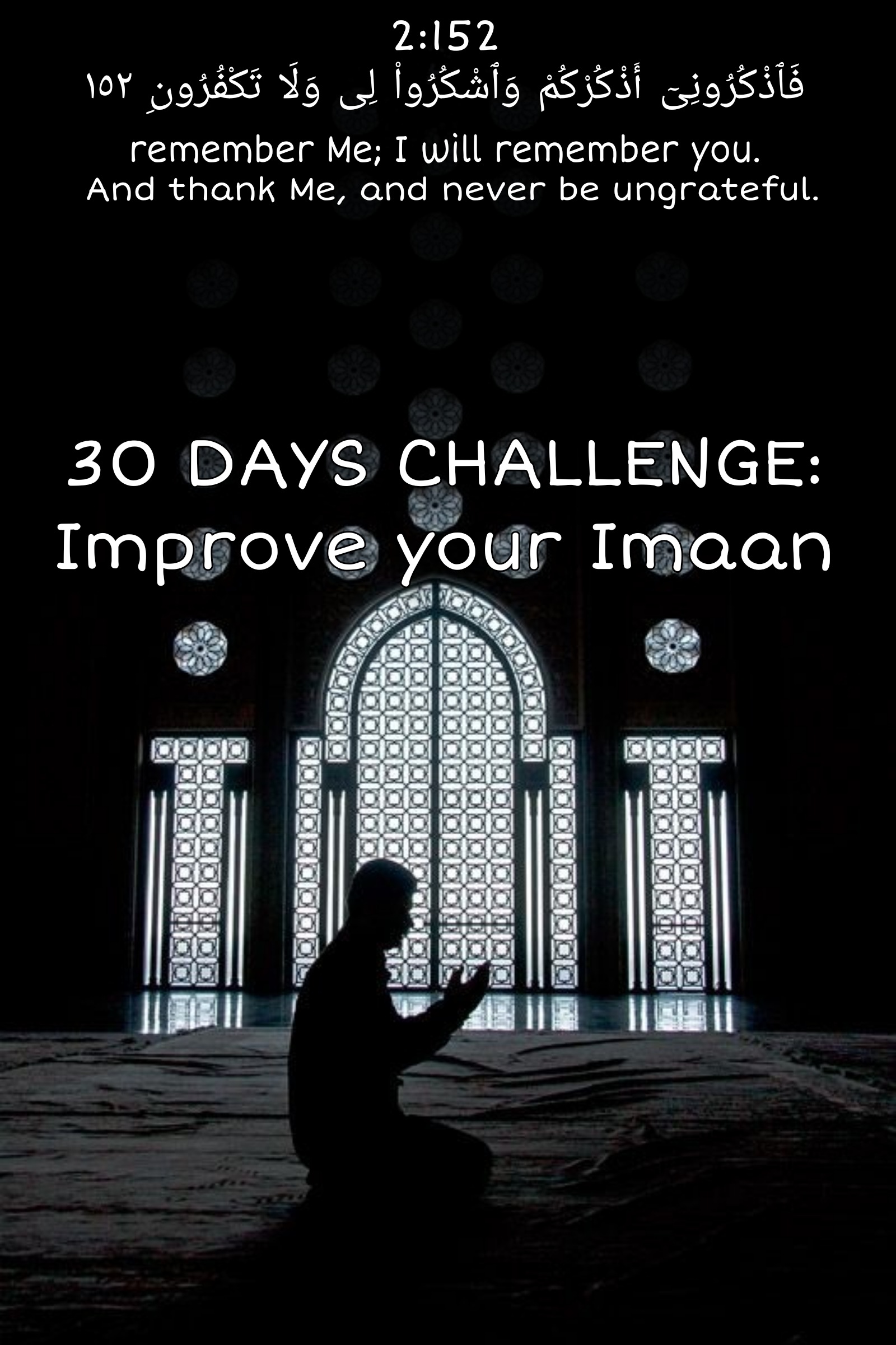









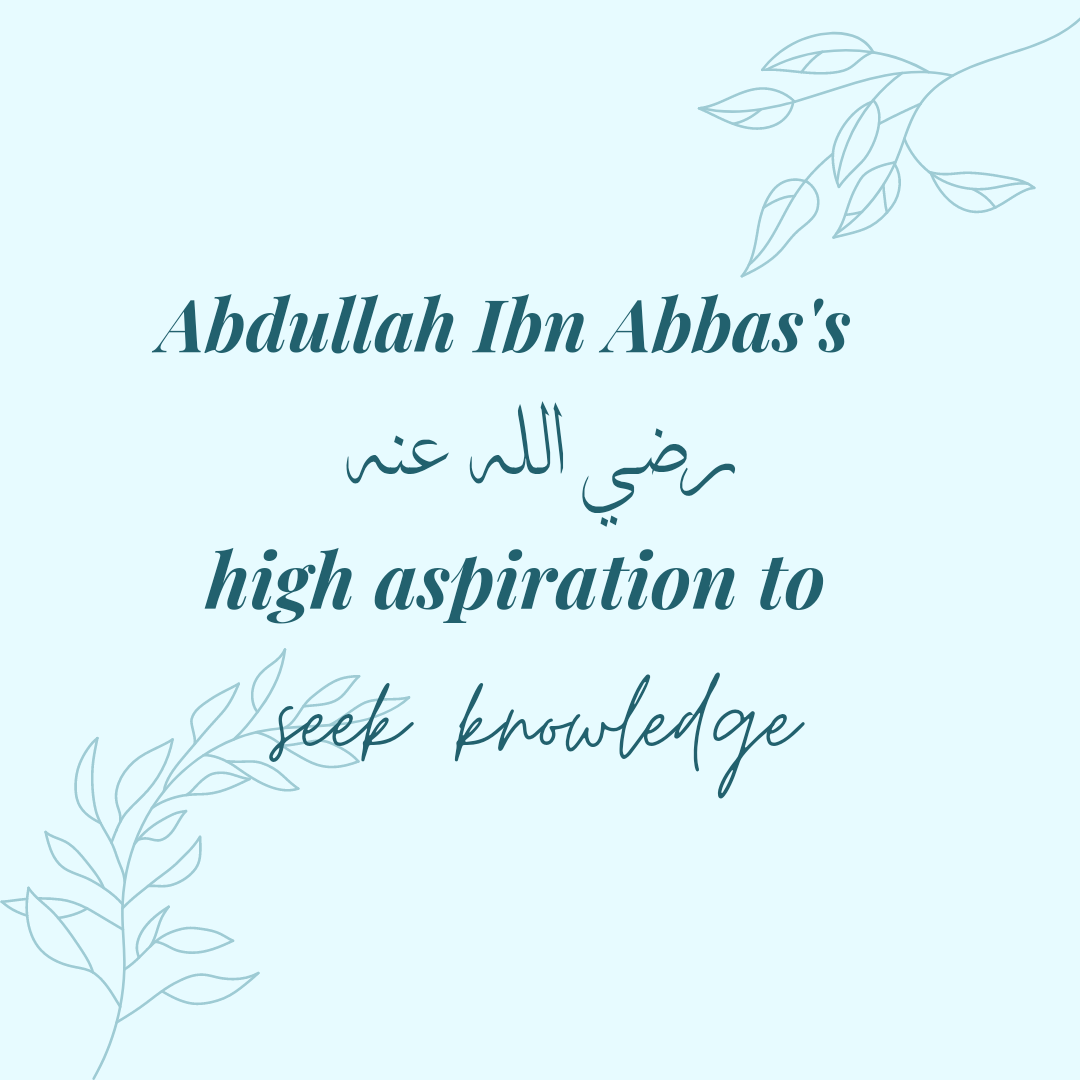
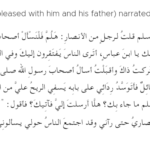

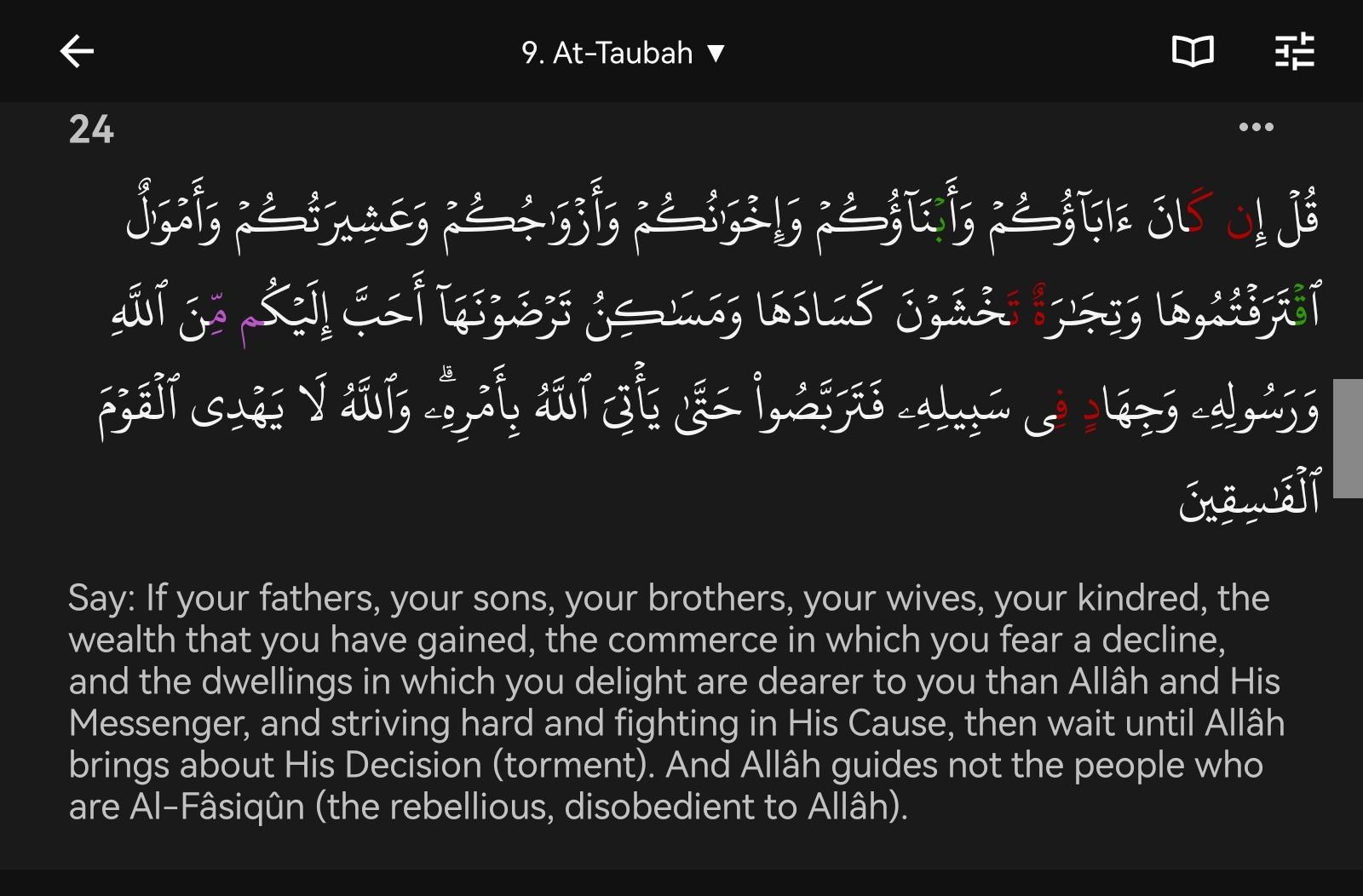








 Reading morning, evening, and night athkar creates a barrier against satan throughout the day
Reading morning, evening, and night athkar creates a barrier against satan throughout the day
